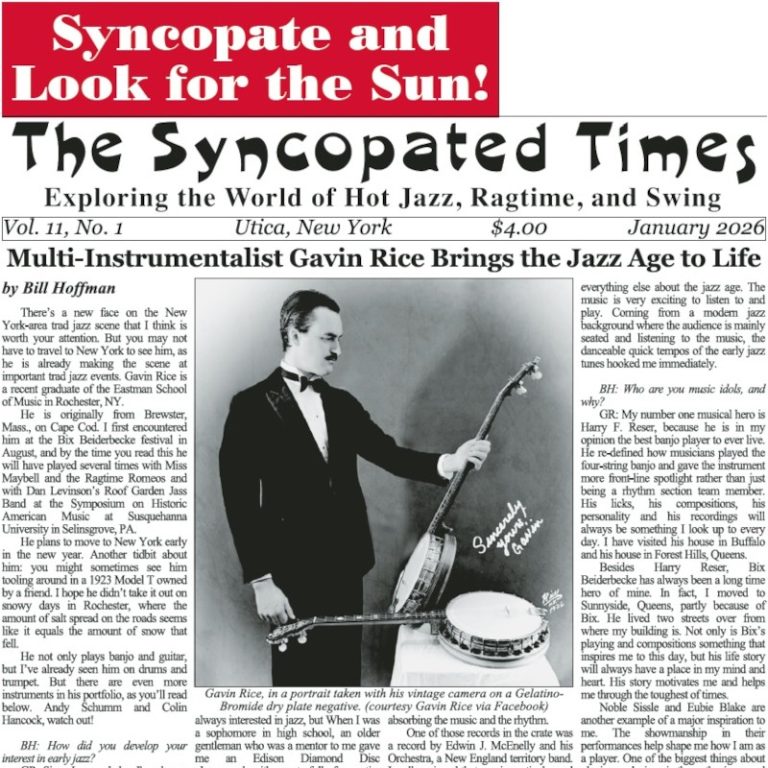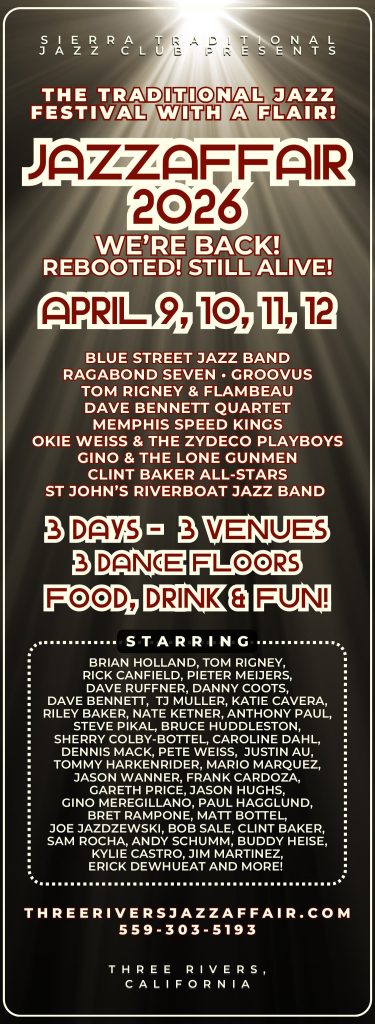Nat King Cole had two overlapping careers. A brilliant swing pianist who had developed his own style with the King Cole Trio in the late 1930s and throughout the ’40s, he always had a very likable singing voice. Cole evolved from an ensemble singer with his trio into a superb ballad vocalist who could also interpret medium-tempo numbers with joy.
During his last 15 years, after “Mona Lisa” became a #1 hit, Nat King Cole de-emphasized his piano playing in favor of his very popular singing. For a long time, that led to his jazz credentials being overlooked with much of the public thinking of him as a singer who played a little piano. Jazz Encounters, a very interesting CD, was compiled in 1992 to try to rectify that situation. It consists of some of the more unique recordings that Cole was part of during 1945-50 for Capitol, most of which are not reissued all that often.
Cole is heard playing piano with the Metronome All-Stars in 1947, sounding fine next to such modernists as Dizzy Gillespie, Buddy DeFranco, arranger Pete Rugolo, and (on one of the two numbers) the entire Stan Kenton Orchestra. A bit safer and more familiar for Cole are his four numbers (and two alternates) in 1945 with the Capitol International Jazzmen, a unit filled with such swing immortals as Benny Carter, Coleman Hawkins, clarinetist Buster Bailey, trumpeter Bill Coleman and, on “If I Could Be With You,�
You've read three articles this month! That makes you one of a rare breed, the true jazz fan!
The Syncopated Times is a monthly publication covering traditional jazz, ragtime and swing. We have the best historic content anywhere, and are the only American publication covering artists and bands currently playing Hot Jazz, Vintage Swing, or Ragtime. Our writers are legends themselves, paid to bring you the best coverage possible. Advertising will never be enough to keep these stories coming, we need your SUBSCRIPTION. Get unlimited access for $30 a year or $50 for two.
Not ready to pay for jazz yet? Register a Free Account for two weeks of unlimited access without nags or pop ups.
Already Registered? Log In
If you shouldn't be seeing this because you already logged in try refreshing the page.




